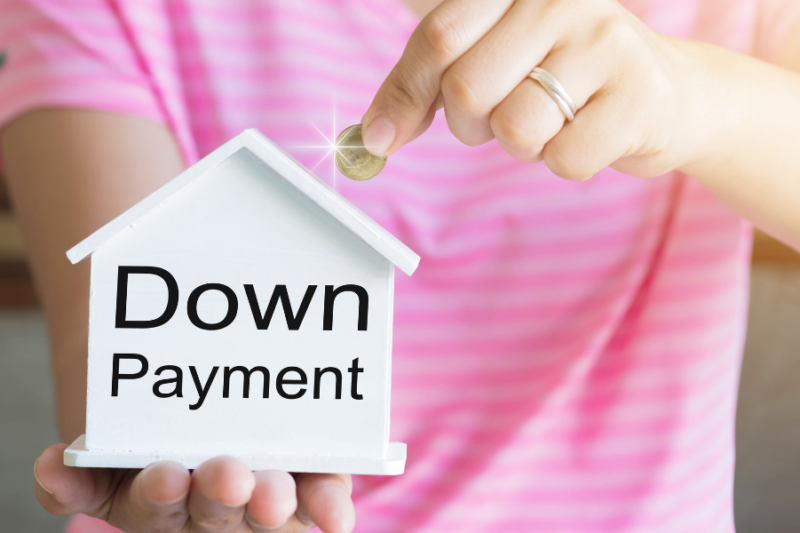Mortgage interest rates are unusually low right now, close to all-time lows for a 30-year fixed-rate loan. So with rates already so low, is it worth paying points to try to get the rate even lower?
If you're thinking about buying a home or refinancing your current mortgage, you're probably at least somewhat familiar with points. Basically, paying points allows you to get a lower interest rate. In essence, you're paying some of the interest up front, so you don't have to pay as much over the life of the loan.
It's a fairly straightforward concept, but one that can be confusing for a lot of borrowers. Part of this is because mortgages can be fairly complex transactions, with a lot of other fees and terminology involved, and points are just another thing to keep track of. But the bigger challenge tends to be knowing whether or not it's worthwhile to pay for points in the first place.
A point one percentage point - that's where the name comes from. When you take out a mortgage, either to purchase or refinance, each point you buy costs you 1 percent of the loan total - or $10 per $1,000 of the mortgage value. In return, each point you pay reduces your interest rate by a certain amount - usually 1/8th of a percent, but that can vary from lender to lender.
So assuming you're taking out a $250,000 mortgage, each point will cost you $2,500. So if the lender is offering a 5.25 percent interest rate, paying two points would cost you $5,000 and enable you to bring the rate down to 5.00 percent, based on a reduction of 1/8th a percent for each point paid. As a result, your monthly mortgage payment is reduced.
Calculating the break-even point
But do you want to do this? The main question is, will you remain in the house long enough to make it worthwhile? That is, how long will it take to reach the "break-even" point, where the savings on your monthly mortgage payments equal what you paid in points?
The answer is typically a long time unless you're getting more than a 1/8th of a percent reduction on each point. In the example above, it would take you 130 months - almost 11 years - to recover the $5,000 you paid in points, based on a savings of $38.46 cents in interest each month (based on the example above, a 5.00 percent rate would produce a monthly payment of $1,342.05). For many, that may seem like relatively small savings over a long time, particularly in light of the big chunk of money you're paying upfront for points.
However, it's not quite that simple. The lower interest rate also enables you to pay down the principal more rapidly. To find out how quickly, you can use an amortization table, which is commonly offered along with many mortgage calculators, such as the ones offered right on this site. Running the numbers on this loan, you can see that after 130 months, the remaining balance on the 5.00 percent loan would be $1,618 less than on the 5.25 percent loan. So in reality, you'll hit the "break-even" point a few years sooner than a straightforward calculation would suggest.
Tax deductions also a factor
There are other factors involved as well, such as the deductions you can take on your taxes for mortgage interest payments, which will affect the final numbers. (Since points are essentially interest, you can deduct those as well, but only for the year when you close on the mortgage - you can't spread them out over the life of the loan.) But generally, you'll need to be in the home for about seven or eight years to make it worthwhile to buy points.
It's generally not a good idea to buy points if you're not putting at least 20 percent down on your home purchase or have a loan-to-value ratio of 80 percent or less on a refinance. Otherwise, you're probably better off putting any money you might spend on points toward your down payment, to eliminate the need for private mortgage insurance or hasten the day you can get rid of it. Since private mortgage insurance typically costs about half a percent of your original loan value per year, the potential savings are typically greater than what you might save by paying points.





